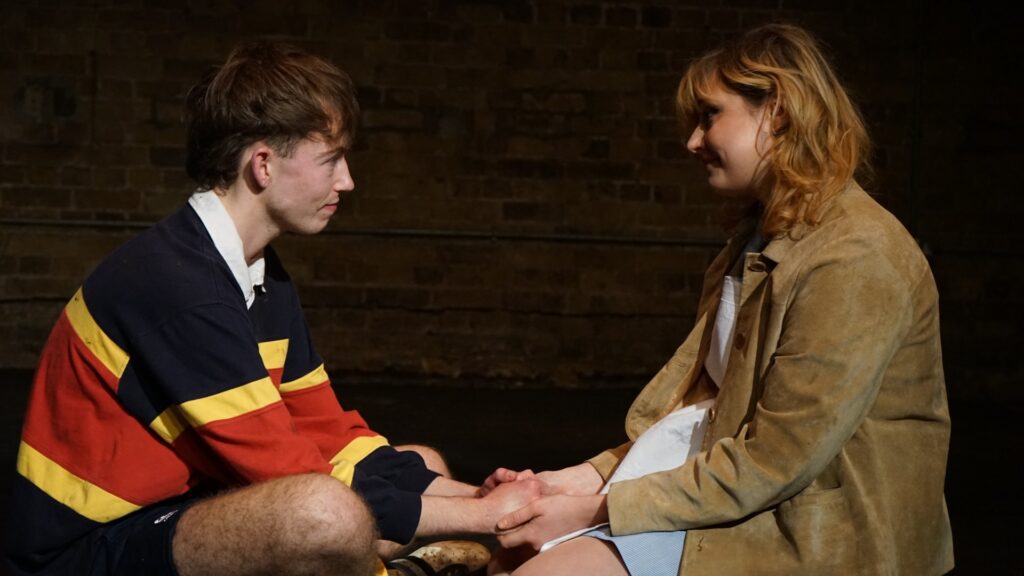Kathy Riddick calls for marriage law to be devolved to Wales.
When two people choose to get married, they do it because they want to celebrate their love and commitment. They often want to share this celebration with their friends and family, in a way that represents them. However when arranging a wedding, they come across many rules around where they can get married, who can marry them, what can be said, and sung. These rules shape and can come to define the ceremony, making it a less personal, less meaningful occasion.
However, those offered the least flexibility around these rules are non-religious people. If you are religious, you can choose to have a civil ceremony, or you can choose to be married by a vicar or priest you may know, who shares your beliefs and values. Religious people benefit from having someone on hand whose beliefs and values reflect their own, making their big day personal and relevant to them and their ideas of what a marriage should mean. Non-religious people, on the other hand, have no such choice to have a legally recognised ceremony that does likewise.
So why do these outdated laws still govern marriage and create this disadvantage for non-religious people? Wales became disestablished from the church in 1920. This meant an end of the church’s special legal status, and it meant that the state was at last independent of the church. In reality, however, this disestablishment is constrained by the fact that many of our laws, including those governing marriage, are controlled by Westminster, where the Church of England remains established.
It doesn’t have to be this way, of course. In Scotland, no such inequality is present. Scottish marriage law is controlled by the Scottish Government and humanist marriages — highly personal non-religious ceremonies conducted by a humanist celebrant — have been legal for twelve years. Last year they became the most popular form of non-state wedding available in Scotland.
97 years after disestablishment, religious privilege pervades Welsh law, and marriage law remains strictly in the control of the UK Government, which for some time now has been expressly preventing giving legal recognition to non-religious, humanist weddings.
It’s easy to see why humanist weddings are so popular in Scotland. A humanist, non-religious wedding ceremony gives couples the opportunity to marry where they want, when they want and how they want. There’s no set script: it’s too personal an occasion for that. Instead, each wedding is tailored to meet the particular couple’s requirements. Non-religious couples in Wales who want such a personal wedding face additional burdens; because humanist weddings are not yet recognised in law, couples must go to the register office to take care of the legal formalities in the days before or after their humanist wedding, leading to additional time and expense.
Taking a two-step approach to getting married allows non-religious people the opportunity to have the ceremony of their choice, conducted by a celebrant who shares their beliefs. But it’s a symptom of profound inequality that they should have to do this: it is not a step that religious people need to take to get the sort of marriage they want. So why should the non-religious?
A YouGov survey late last year found that 51% people in Wales were non-religious, and that one in three could be defined as humanists. As councils across Wales increase staffing in the registrar’s office to meet the need of a growing non-religious population, the disparity of choice based on belief seems increasingly out of step with Welsh disestablished principles.
There’s evidence to suggest that giving Wales control of its marriage laws would benefit our economy enormously, too. Humanist weddings account for the growth of weddings in Scotland in spite of an overall UK-wide decline, and all evidence points to their growing popularity. When the Office of National Statistics (ONS) announced that the number of marriage ceremonies in England and Wales had declined by 8.6% in 2013, corresponding numbers of humanist weddings conducted by the British Humanist Association went up by 26%. Growth has continued steadily since then, with 87% more humanist weddings performed in 2015 than 2012.
The fact that so many people are choosing to have a second ceremony with a humanist celebrant underlines the real need for a change in the law. Equality for all, regardless of belief, cuts to the heart of Wales’ values. To achieve this, marriage law needs to be devolved to Wales, as it is in Scotland. Only then can the Assembly right this wrong, and support the majority non-religious population of Wales by choosing to make humanist weddings legal. Marriage, after all, is about love and commitment. The way you choose to celebrate that should certainly not be impeded by anything, and least of all because of your religion or belief.






Comments are closed.